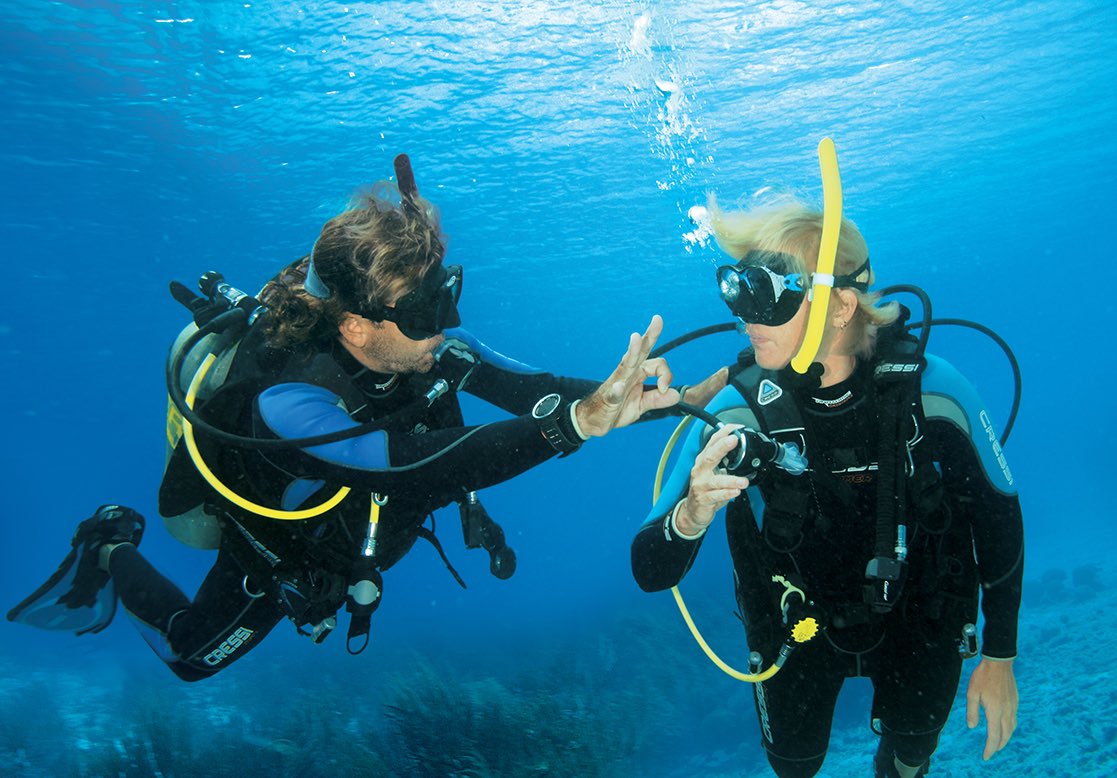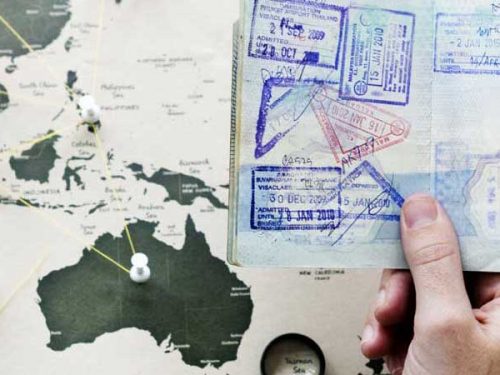Completing your scuba diving certification is a real achievement and allows you to dive around the world recreationally. For some people, that means now you can dive every weekend if you live in an area that offers local diving. For others that used to mean taking a dive vacation numerous times a year, where they are regularly refreshing their skills. However, because of COVID-19, many of us have gone for over a year in between dives, and we feel pretty rusty when it’s time to get back in the water.
Organizations such as PADI, NAUI and SSI offer lifelong certification, which means that it’s not mandatory to get re-certified even if it has been a long time between dives. All dive operators though will ask that you take a “refresher” if you haven’t dive for a year.
Should you take a refresher course?
It’s highly likely that you might forget the appropriate hand signals or that your ability to think quickly in an emergency underwater situation will be hampered.
One of the first questions you’ll probably be asked when you sign up for a fun dive at a resort or join a liveaboard trip is “how long has it been since your last dive?” Instructors and divemasters are well aware of the risks associated with guiding divers who aren’t current with their skills and the risk it can place on others in the group.
Perhaps you’ve forgotten how to clear your mask (and make a beeline for the surface to do it) or maybe you can’t remember how to share air with your buddy, both of which can have life-threatening consequences. You might think that diving’s like riding a bicycle and it will all come back to you in the water but the potential risks of getting things wrong can be devastating.
That’s why taking a refresher or re-activation course is highly recommended before you dive into the open ocean. PADI’s ReActivate course is a quick but effective refresher course which goes over the basics of scuba diving that are covered in the Open Water Diver certification. You’ll review a few scuba concepts on your mobile device, tablet or computer, then jump in the shallow water with a PADI professional to go over the practical skills. Similarly, SSI offers a Scuba Skills Update course, with both organizations issuing a recognition card so that dive centers can see you’ve taken the time to refresh your skills. Other certification agencies have similar options.
We highly recommend to check with a dive store in your home town what they offer.
By taking a refresher course, not only will you regain your confidence and ensure both yourself and those around you are safe, but your first dive back will be much more enjoyable. Rather than stressing about how to achieve neutral buoyancy or trying to remember the right signals for indicating how much air’s left in your tank, you can concentrate on enjoying the marine life and underwater landscapes around you.
Doing a refresher or re-activation course is a small price to pay for the peace of mind that your first dive back will be an adventure for all the right reasons. So instead of having the mentality “it will all come back to me” or thinking you don’t have the time or money to do a refresher course, consider the far-reaching safety benefits of updating your skills and your diving future that lies ahead.







